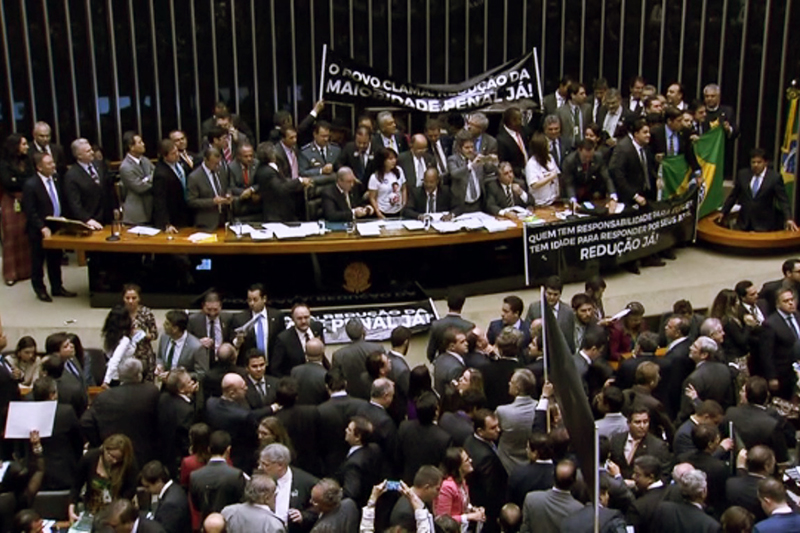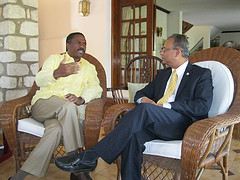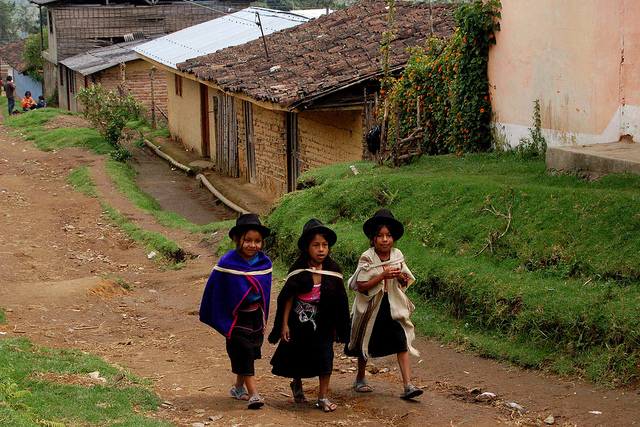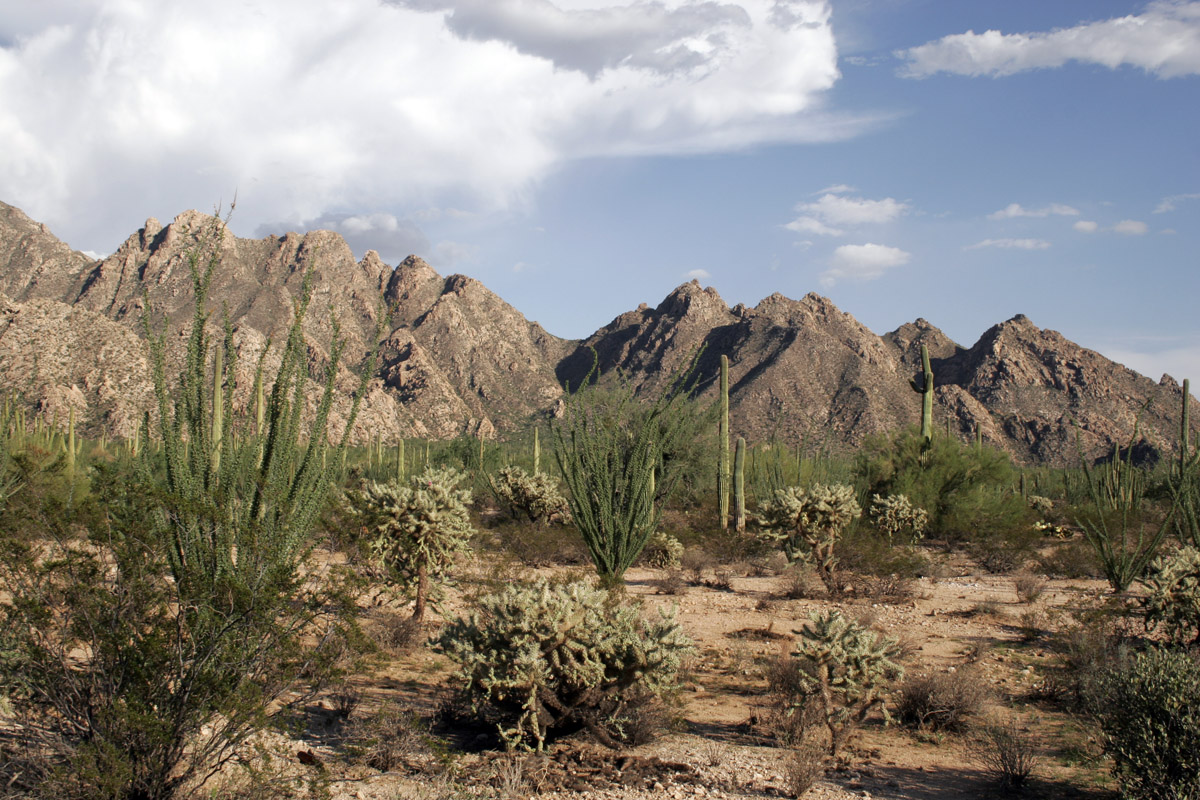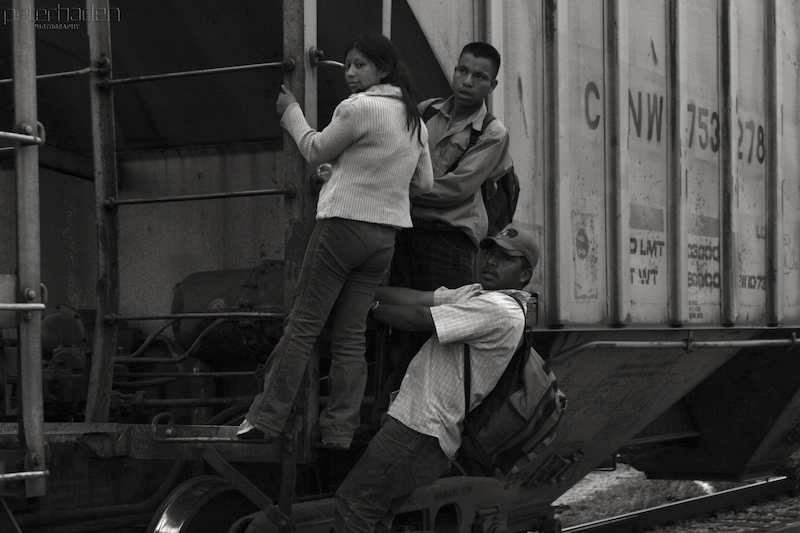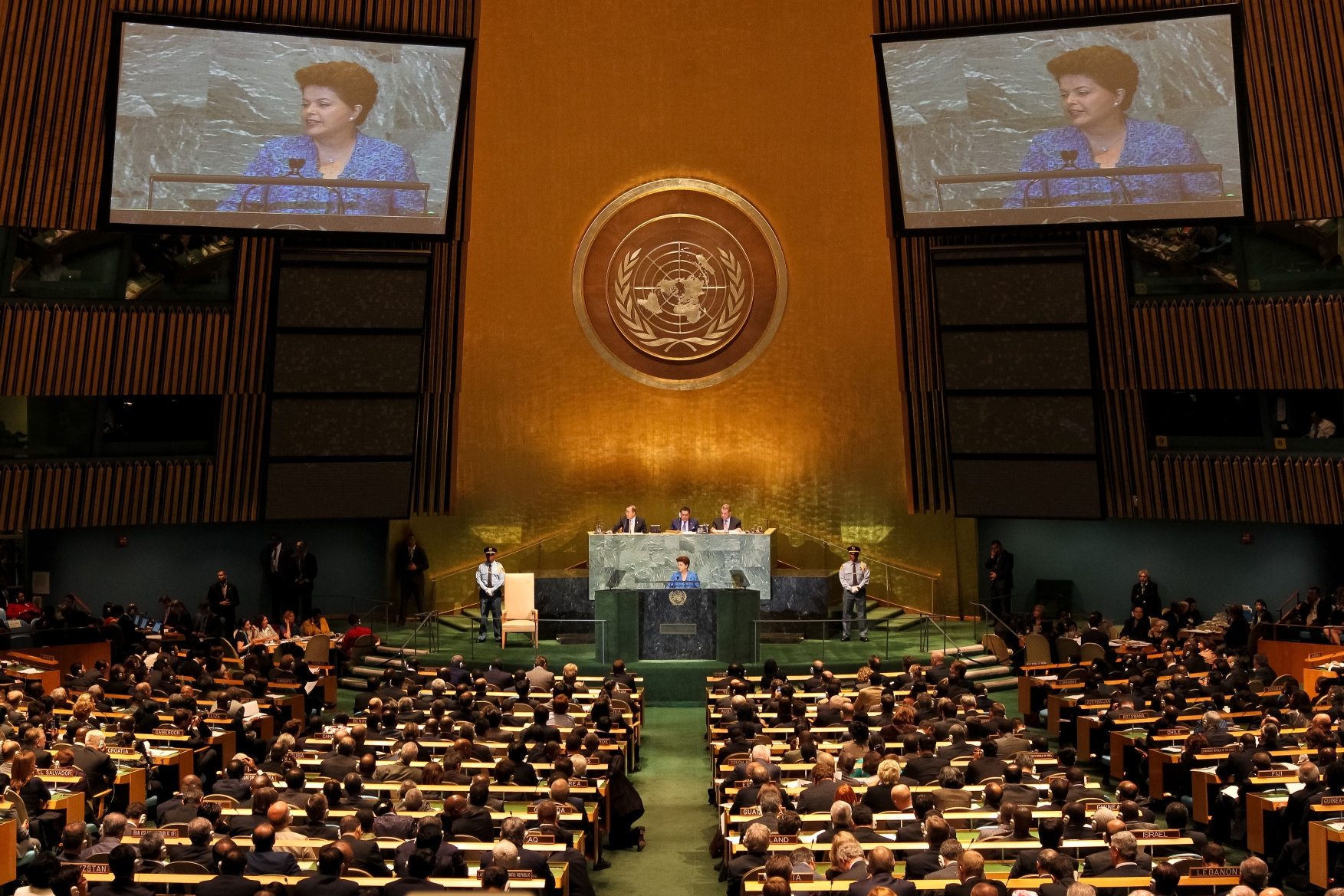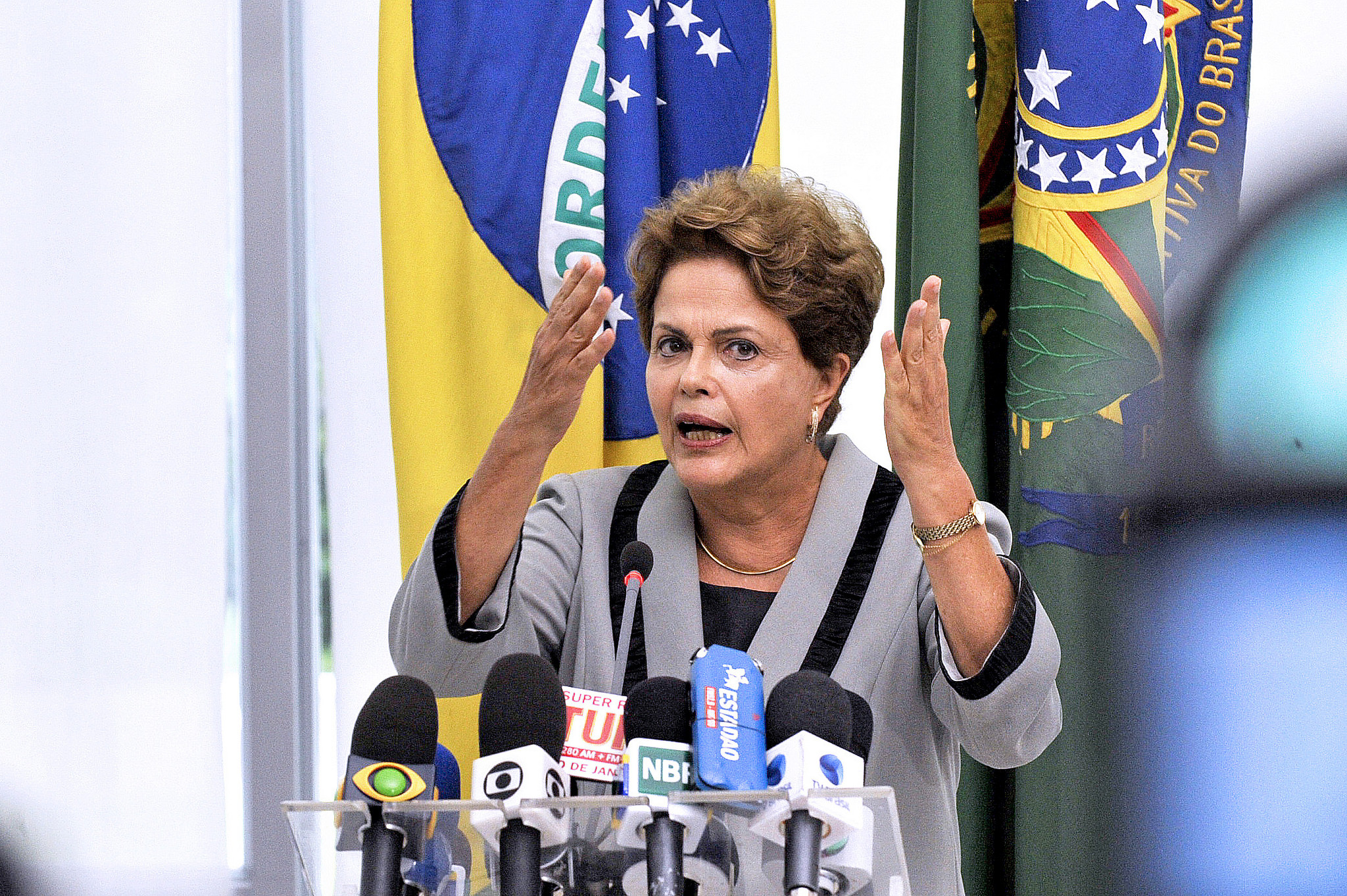
Brazil, Latin America: Week in Review, Southern Cone
Brazil’s Supreme Court Grants President Temporary Impeachment Reprieve
October 14, 2015 By Staff
Top Story — Brazil’s Supreme Court gave president Dilma Rousseff a temporary reprieve from the threat of impeachment on Tuesday, ruling against lower house speaker Eduardo Cunha on issues relating to methodology.
Cunha, who has the power to begin impeachment proceedings against Rousseff, says that the delay will only put the process off a little longer. He was expected to announce a decision regarding impeachment on Tuesday, but opted to put the decision off until next week.
Scandal around Rousseff’s administration has heated up since the beginning of the month, when Brazil’s Supreme Electoral Tribunal reopened investigations into allegations that she and Vice President Michel Temer used funds from state-owned oil company Petrobras to finance their 2014 campaign — charges they both deny.
The following day, a federal audit court ruled that her administration’s attempt to conceal its growing fiscal deficit breached Brazil’s fiscal responsibility law.
Some analysts, however, say that the timing of Cunha’s announcement will likely depend on the outcome of his own corruption scandal, which includes allegations that he concealed millions of dollars in Swiss bank accounts.
Rousseff’s second term has seen her approval ratings dip to single digits, with hundreds of thousands of protesters hitting the streets of São Paulo and Brasilia in August to call for her impeachment.
Several impeachment requests have been filed against her in the wake of the investigations and amid a deepening economic recession that led to a downgrading of the country’s credit in September.
If Cunha initiates the impeachment process and it passes through the lower house, Rousseff will have to step down and allow Temer to take over while the Senate begins an impeachment trial. Rousseff has labeled moves against her a “coup plot” and her representatives say that “there is no legal basis” to impeach her, AFP reports.
Headlines from the Western Hemisphere
North America
- The U.S. Ambassador to Bogotá said the United States will not press Colombia to extradite former FARC rebels who have committed crimes, even though in the past several rebels served long sentences for drug trafficking in the United State.
- Fernando Moreno Peña, a former governor of the Mexican state of Colima, was shot six times while eating breakfast in what officials are calling a targeted attack.
- Felipe Arizmendi, the Roman Catholic Bishop of San Cristóbal de las Casas, celebrated the first mass in the Nahuatal indigenous language in Mexico City’s Basilica of Guadalupe.
Caribbean
- The governments of Haiti and the Dominican Republic issued a joint statement on Tuesday pledging to work together to address the Dominican government’s expulsion of Haitian migrants and Dominicans of Haitian descent. The two governments also agreed to establish a committee within 15 days to resolve a trade dispute.
- The thaw in U.S.-Cuban relations has stimulated Cuba’s relatively new real-estate sector, but has also caused in increase in real estate prices — a problem that the Miami Herald reports will only get worse in the years ahead.
- In response to increased pressure following British Prime Minister David Cameron’s visit to the island, Jamaican officials are claiming the previously announced agreement to build a new prison on the island and repatriate Jamaican prisoners currently held in the UK has not been signed.
Central America
- Guatemala’s National Disaster Reduction Commission ended the search for the 70 missing persons that remained from the Oct. 1st landslide that killed at least 280 people outside of Guatemala City.
- El Salvador has seen the number of minors prosecuted for gang-related offenses increase by 50% in the last year, according to statistics released by the country’s District Attorney’s Department of Statistics.
Andes
- Colombia’s navy, with support from Ecuador, seized 600 kilos of cocaine Tuesday from a vessel off Colombia’s northern coast, detaining three men aboard.
- An Associated Press investigation in Peru has found that “narco planes” — small aircraft that routinely carry cocaine to nearby Bolivia — have landed just minutes by air away from military bases in the country’s Apurimac, Ene and Mantaro river valley, prompting questions about the military’s complicity in the drug trade.
- Ahead of Peru’s April 2016 presidential elections, Keiko Fujimori, the daughter of former President Albero Fujimori is leading in Peru’s presidential polls with 32.9 percent support, twice as much as her nearest rival. Keiko has promised in the past that, if elected, she would free her father, who has been jailed on charges of human rights violations and corruption since 2009.
- Food prices in Venezuela increased 22.2 percent in August from the month before, according to new research from the Caracas-based group Cenda, forcing citizens to increasingly rely on the black market.
Southern Cone
- A former transportation minister in Argentina was convicted on corruption charges after he admitted to accepting bribes, including free vacations and rent, from businesses with government contracts.
- Chile’s President Michelle Bachelet announced Tuesday that her country will initiate a process to redesign its constitution, fulfilling a campaign promise to change what she says is a vestige of the military dictatorship of Augusto Pinochet.
- Police and some 5,000 indigenous protesters clashed in Santiago, Chile, during an a indigenous Mapuche-led rally accusing the government of taking their ancestral lands, and decrying the imprisonment of several community members accused of arson.
